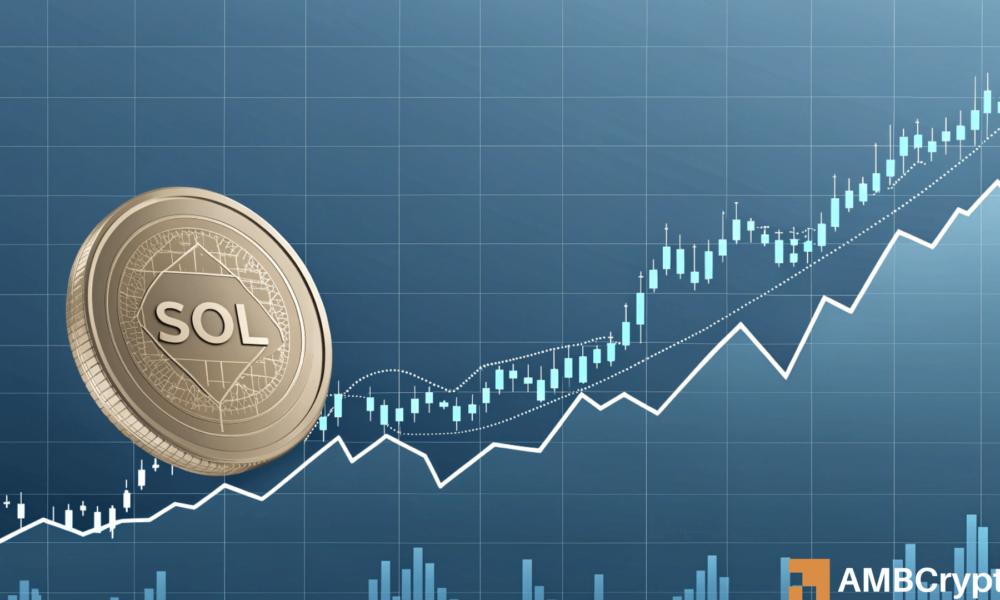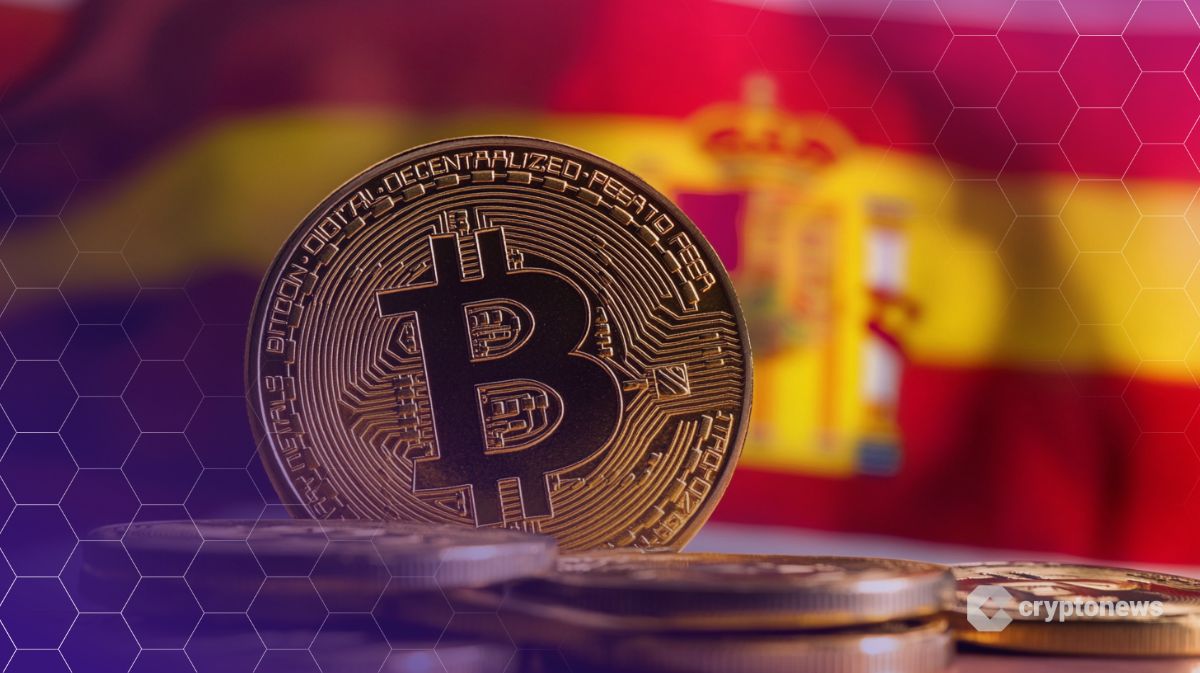- SEC invites Coinbase, Uniswap, and Cumberland to a crypto roundtable for deeper industry insight.
- The discussion aims to explore DeFi transparency, token classification, and regulatory challenges.
The U.S. Securities and Exchange Commission (SEC) will host a roundtable discussion on April 11, 2025, with a title that pretty much sums up the complexity of the crypto industry today: “Between a Block and a Hard Place: Tailoring Regulation for Crypto Trading.”
The event will take place at the SEC’s Washington D.C. headquarters and will feature some of the biggest names in crypto, including Coinbase, Uniswap Labs, and Cumberland DRW. While regulator-industry meetings typically feel like a cold war, this one has a slightly different tone—as if the SEC is trying to open up a window of communication.
A New Tone at the Table: SEC Opens Dialogue With Former Adversaries
The panel will reportedly feature representatives from Coinbase, the crypto giant currently in legal trouble with the SEC; Cumberland DRW, a digital asset trading firm specializing in liquidity and market-making; and Uniswap Labs, the lead developer of popular DeFi protocol Uniswap, which is also under regulatory scrutiny.
All three are no strangers to regulatory pressure—and their presence at the table is like sitting down with a referee who once gave a red card.
But this time, the SEC changed its approach. Instead of swinging the hammer of law directly, they chose to listen. The discussion was to absorb views from industry players regarding the structure of the crypto market, trading mechanisms, liquidity issues, and systemic risk.
Not only that, some of the topics predicted to be discussed include transparency in DeFi, front-running practices, and the classification of tokens as securities or not.
Tensions Beneath the Surface: Big Names Face Tough Questions
You can imagine that the atmosphere of the discussion later will not be as simple as a debate about taxes in a coffee shop. Coinbase itself is still fighting a legal dispute that could determine the fate of a number of digital assets on their platform.
Uniswap, which is based on the Automated Market Maker (AMM) protocol, continues to be in the spotlight because of its operational nature, which is almost without human intermediaries. Although Cumberland frequently operates in the background, he cannot avoid the potential impact of regulations on his business model.
SEC Restructures Its Enforcement Framework
On the other hand, the SEC seems to be improving not only externally, but also internally. The latest report states that they will overhaul their internal structure, especially in the enforcement and examination divisions.
Instead of maintaining 10 regional offices, there will now be deputy directors overseeing the West, Northeast, and Southeast. It’s to overcome management challenges and simplify bureaucracy amidst a significant influx of staff. Whether this will speed up decision-making or just add another layer, time will tell.
Furthermore, the SEC’s official statement last March stated that crypto mining activities, both solo and through mining pools, are not considered to violate securities rules.
According to the CNF report, the SEC stated that there is no reasonable expectation of profit from mining activities, so this activity does not need to be registered as securities. Maybe this is good news for home miners who have felt like they are mining on a legal minefield.
The Political Side is No Less Crowded
As a background that adds color, political issues have also emerged around the SEC’s activities. On April 2, 2025, Senator Elizabeth Warren and Representative Maxine Waters asked the SEC to keep records related to President Donald Trump’s involvement in a crypto venture called World Liberty Financial.
This request came amid concerns about a conflict of interest, given that the Trump family has a significant ownership in the project. In this atmosphere, the SEC roundtable discussion seems to be the main stage where regulators, industry players, and political interests meet.
Although it is not certain whether the results of the discussion will immediately change the direction of crypto regulation in the US, at least this gives hope for a more dialogical approach. It is no longer just about who violates what, but how to find a more reasonable path amidst the dynamics of the industry that never stop.
Credit: Source link
















































